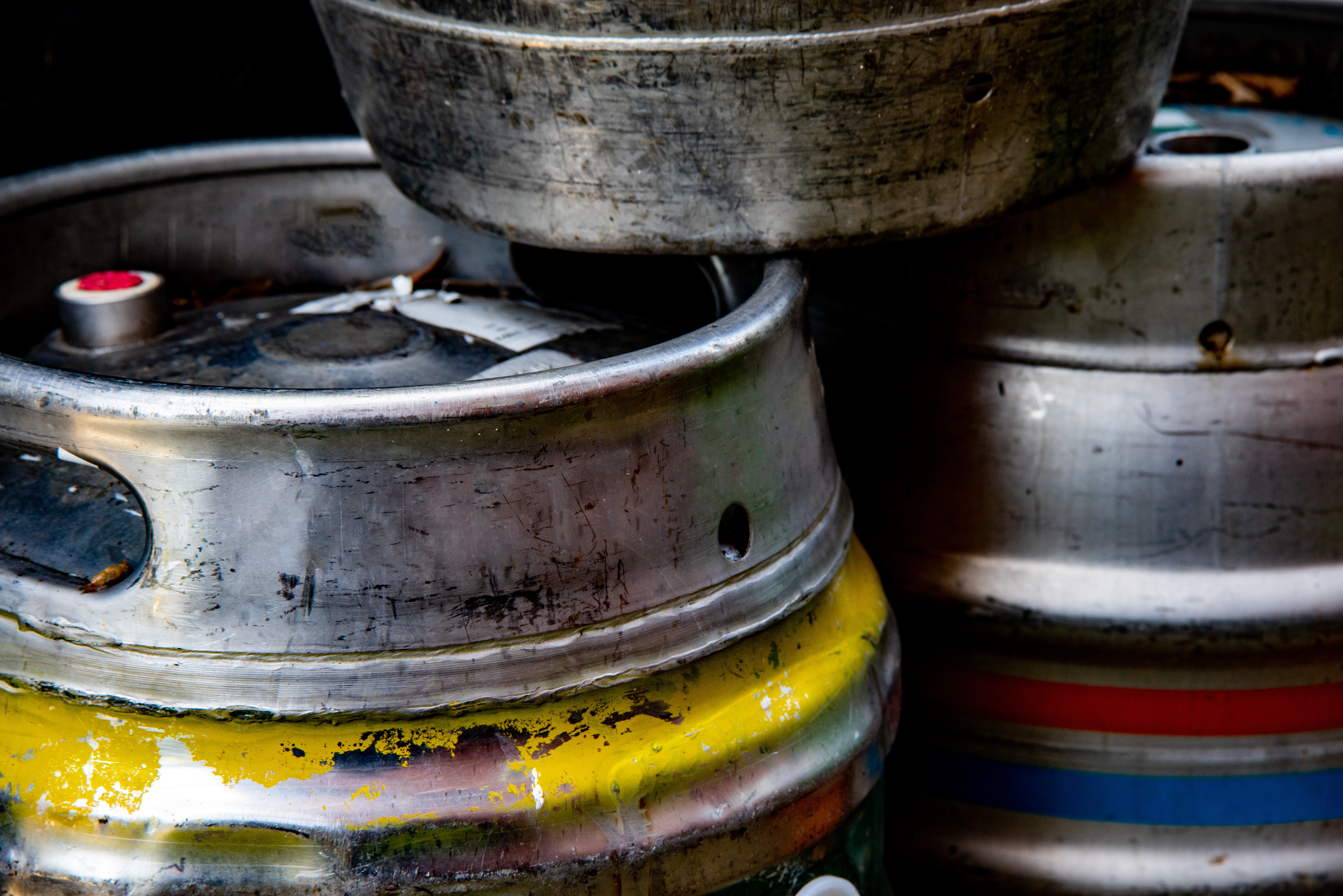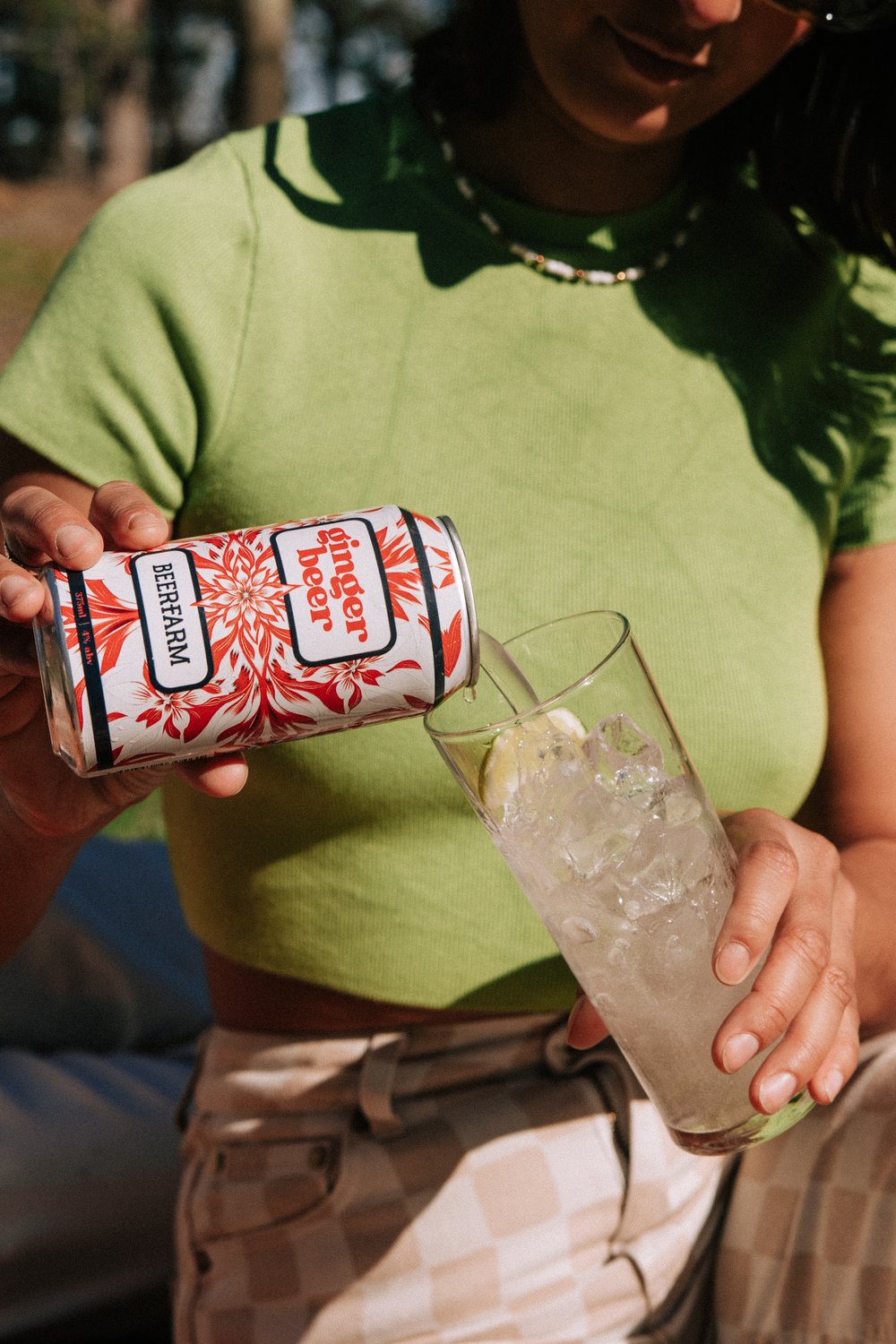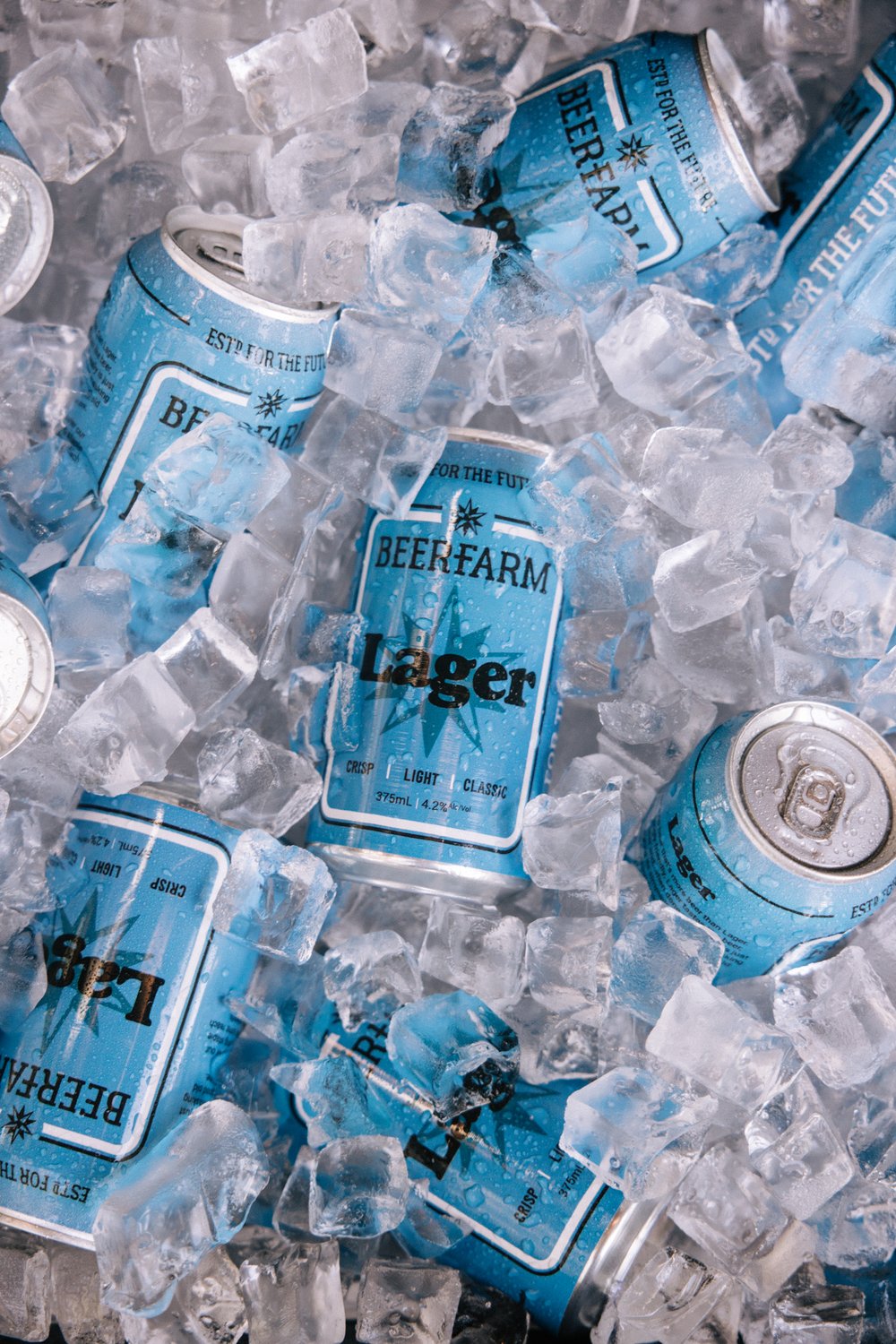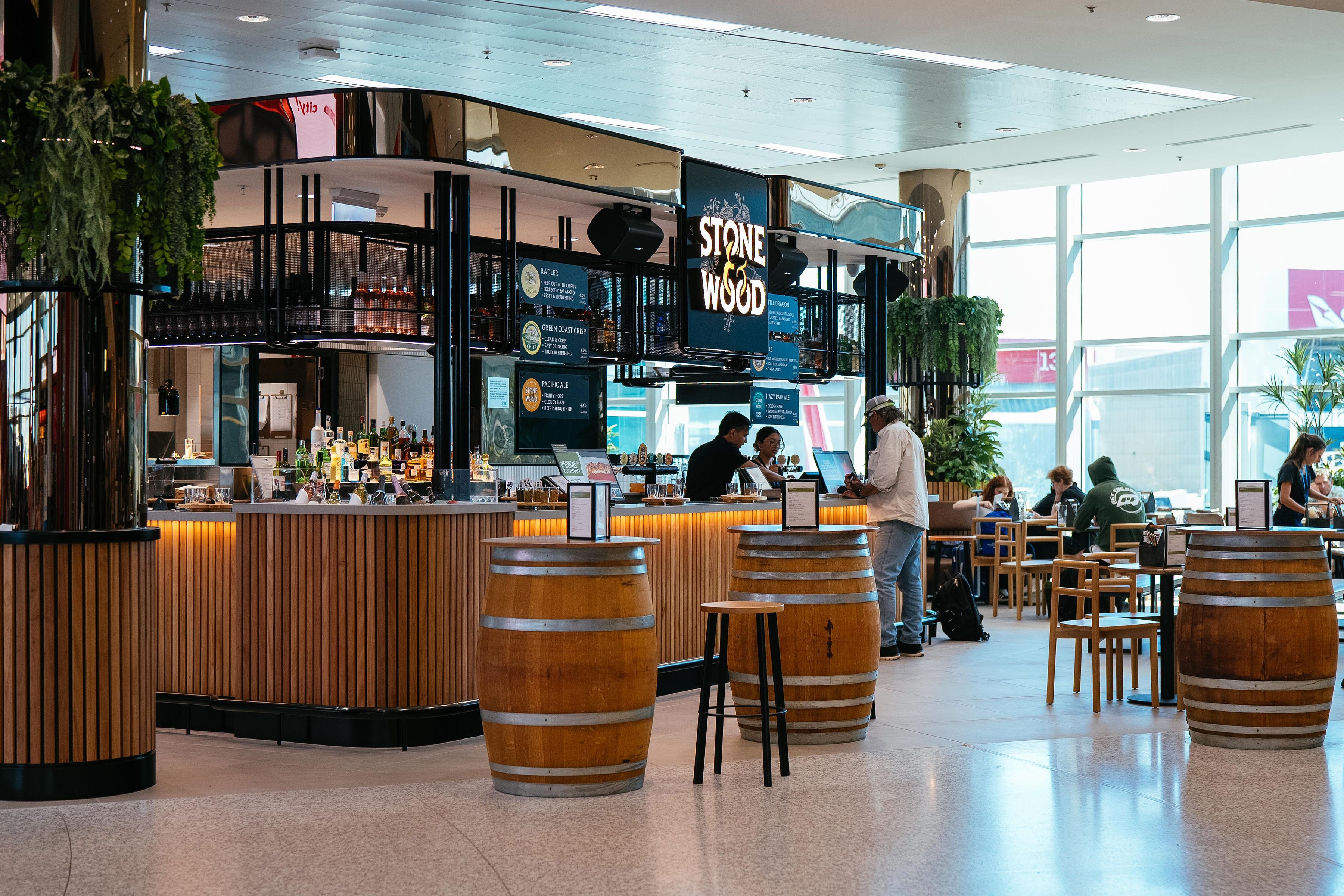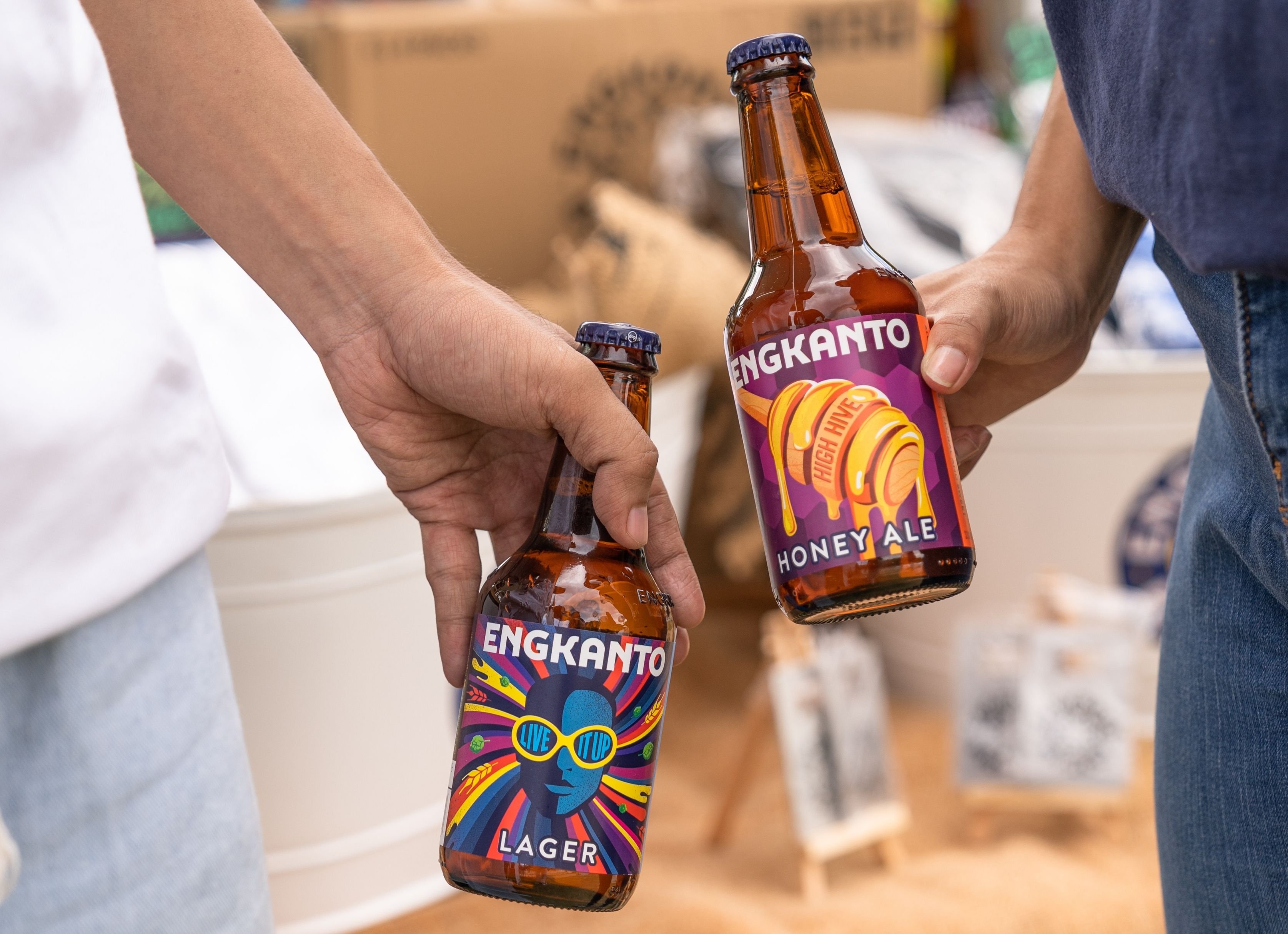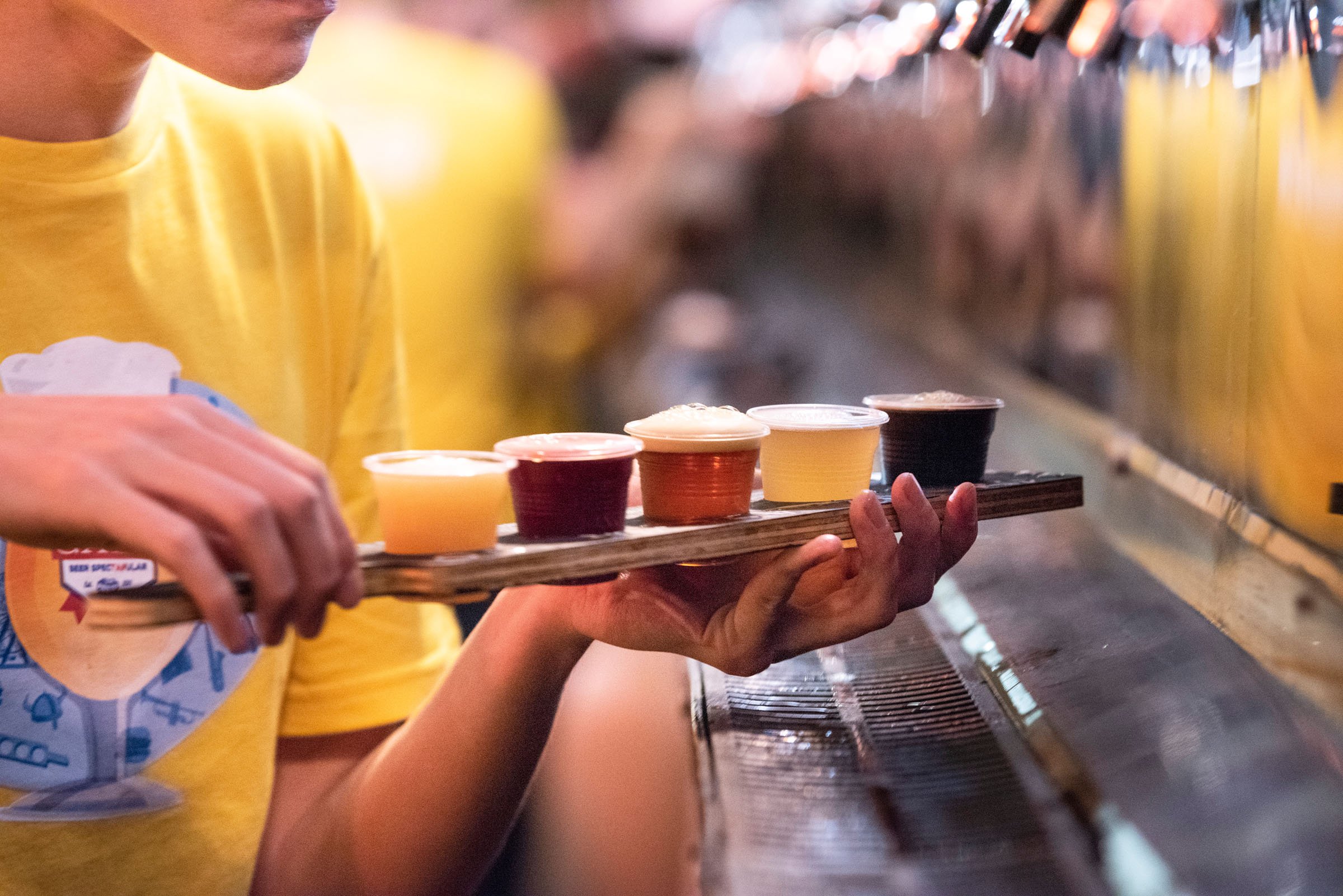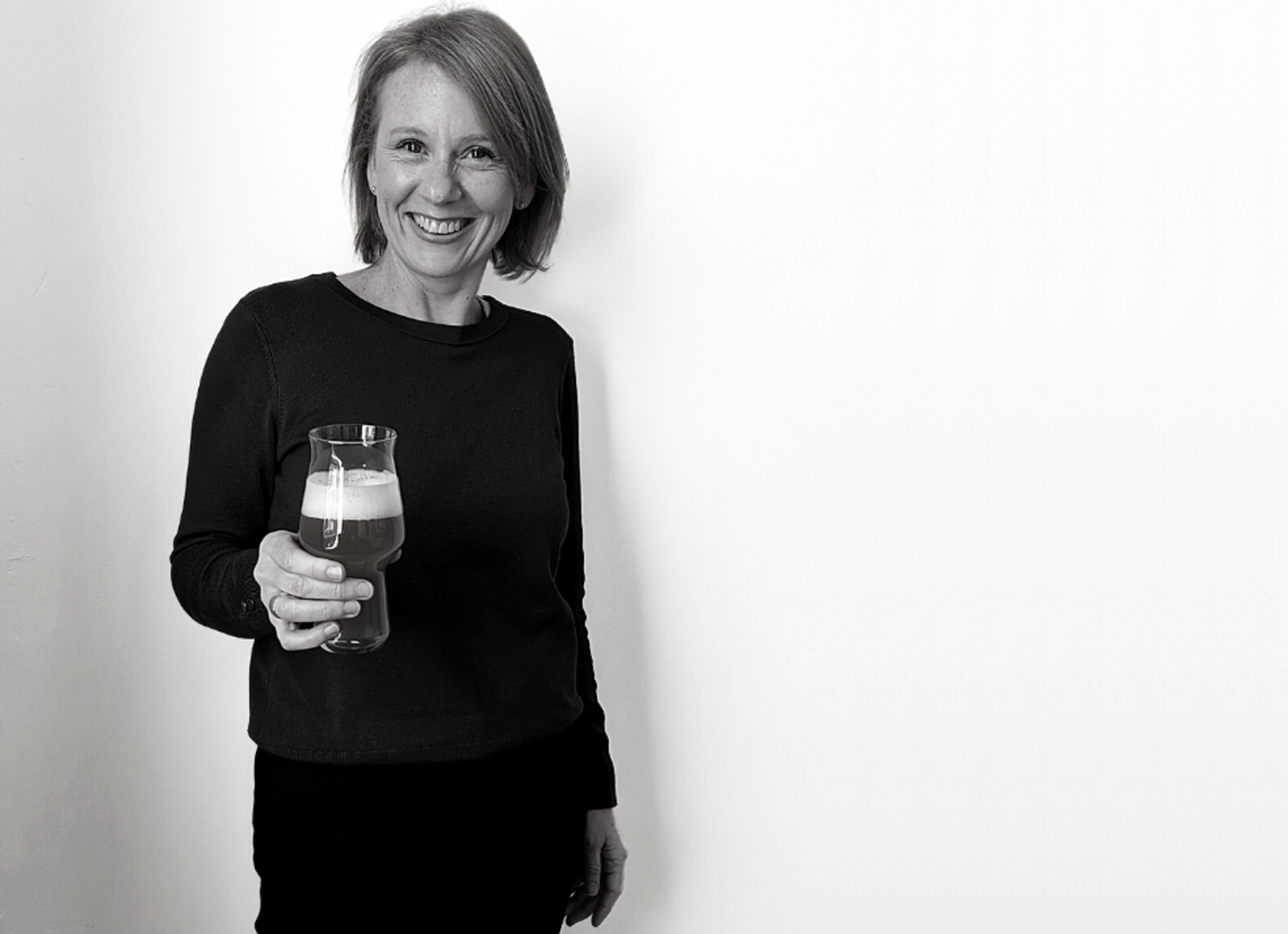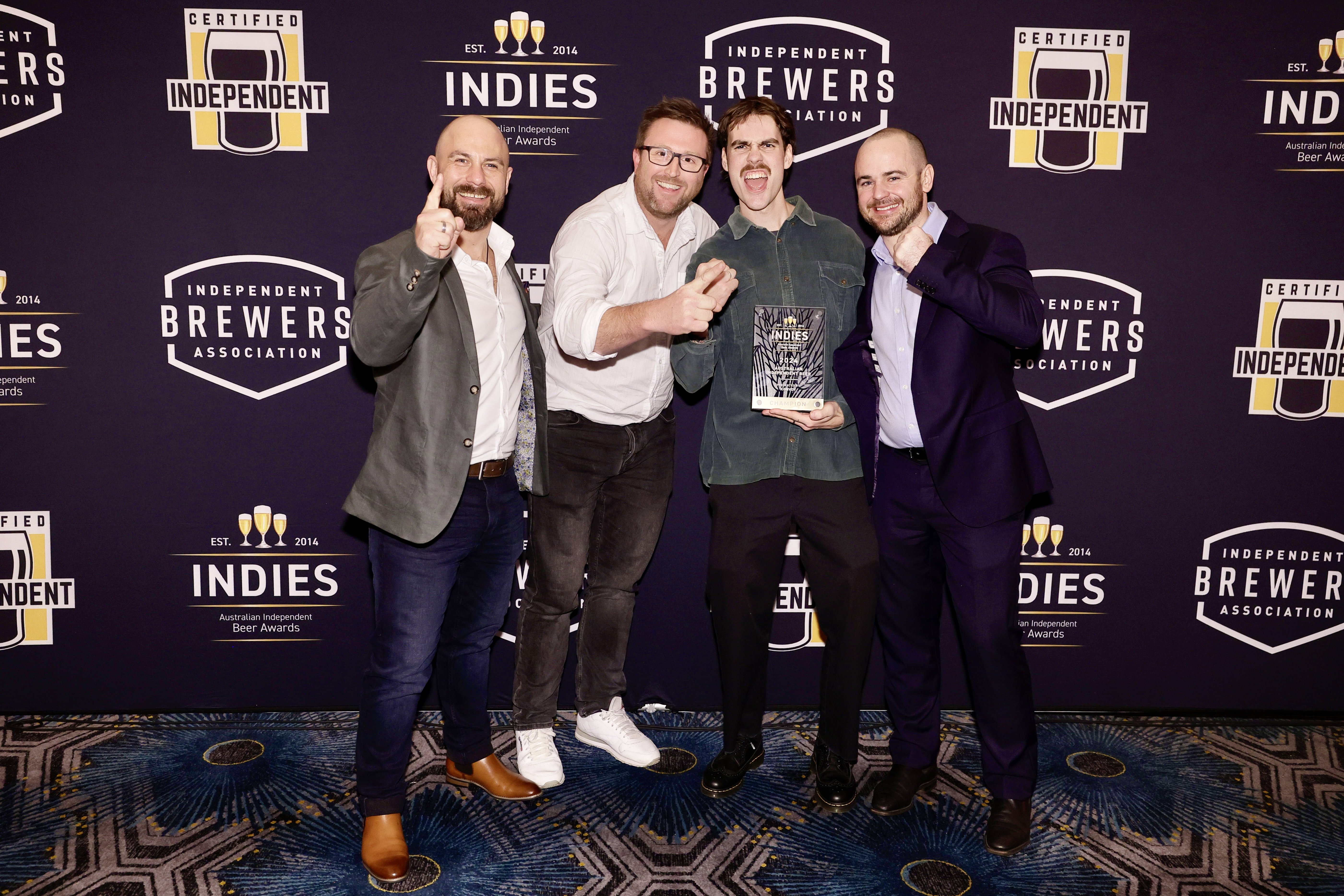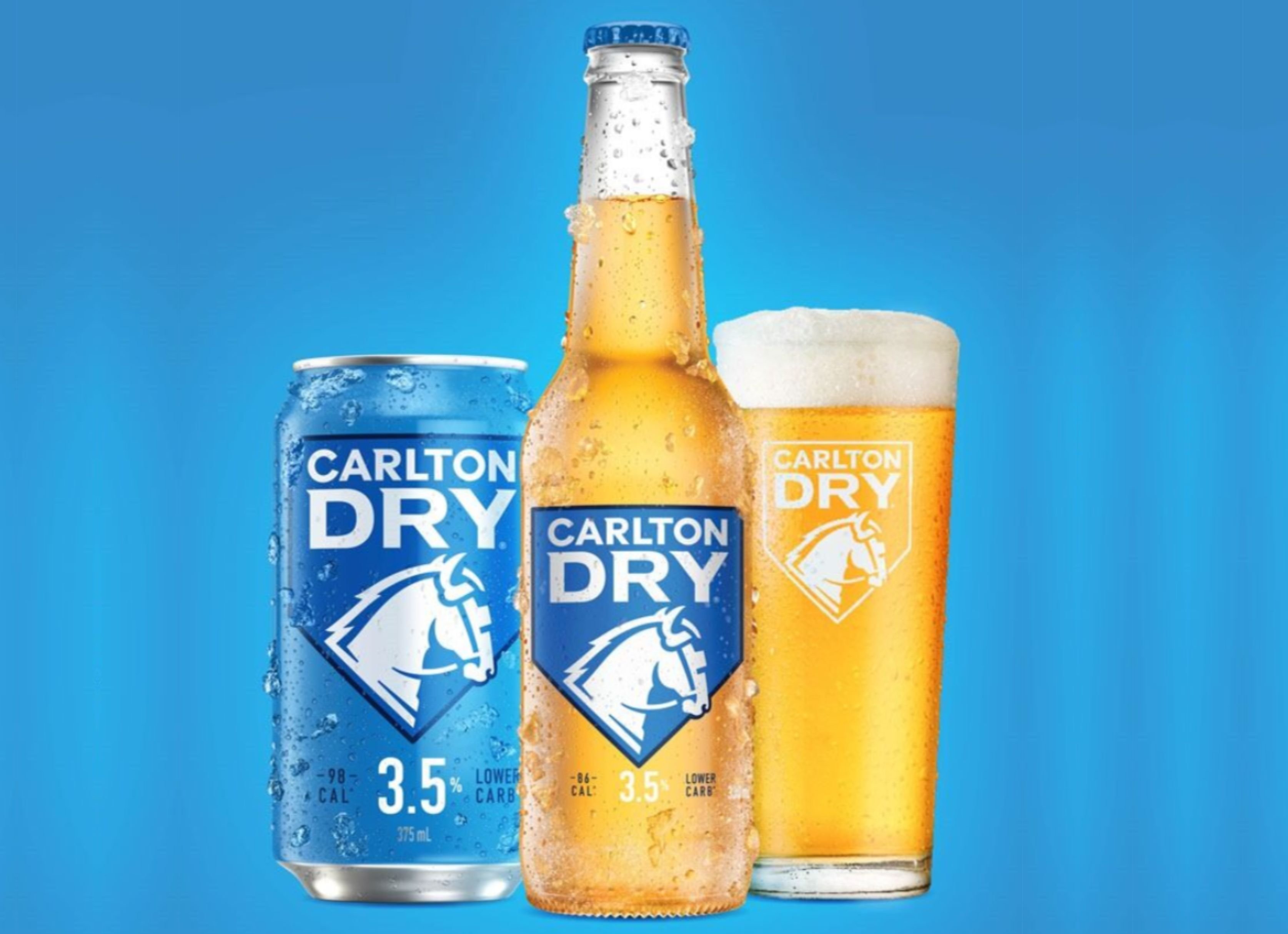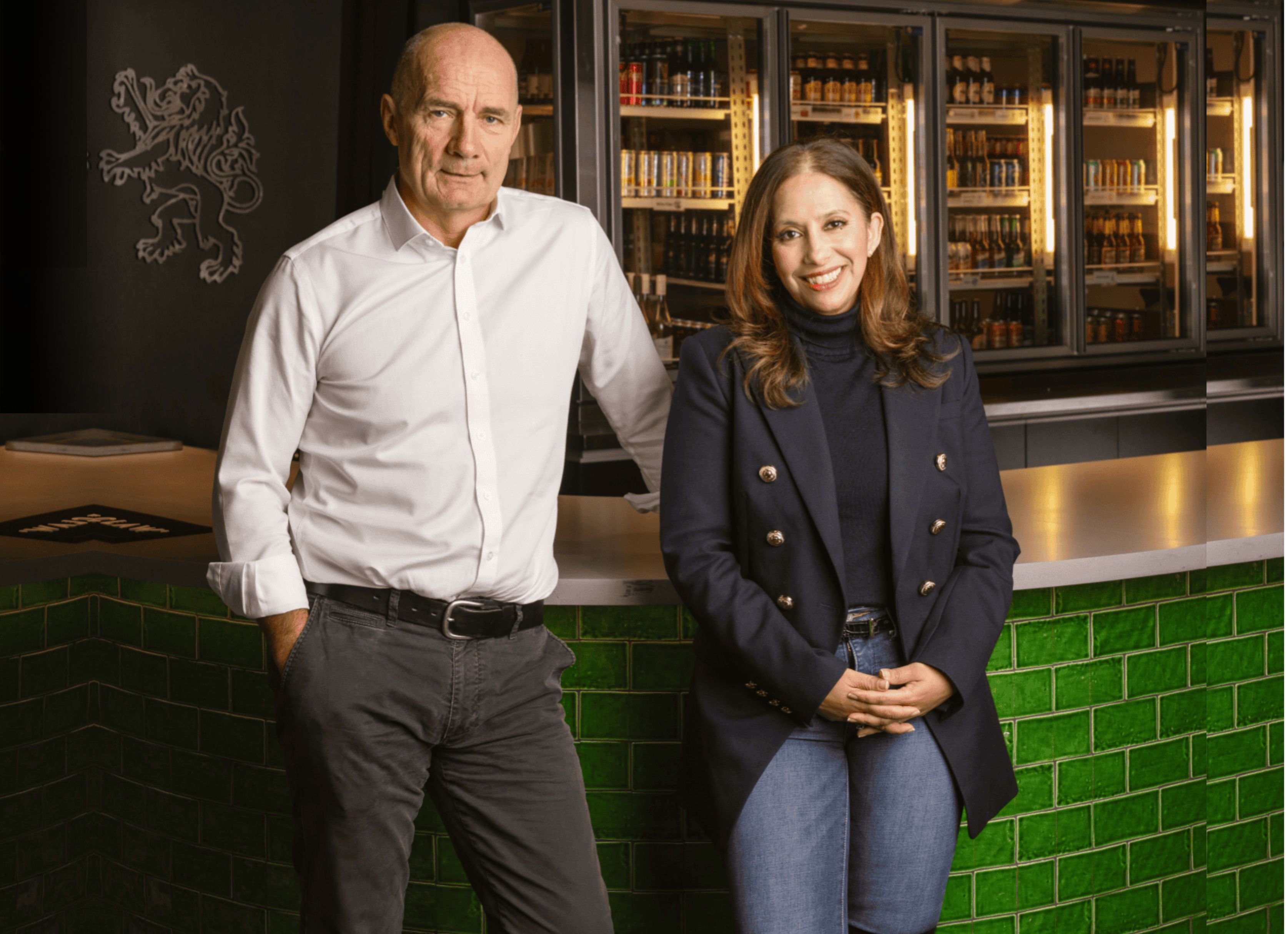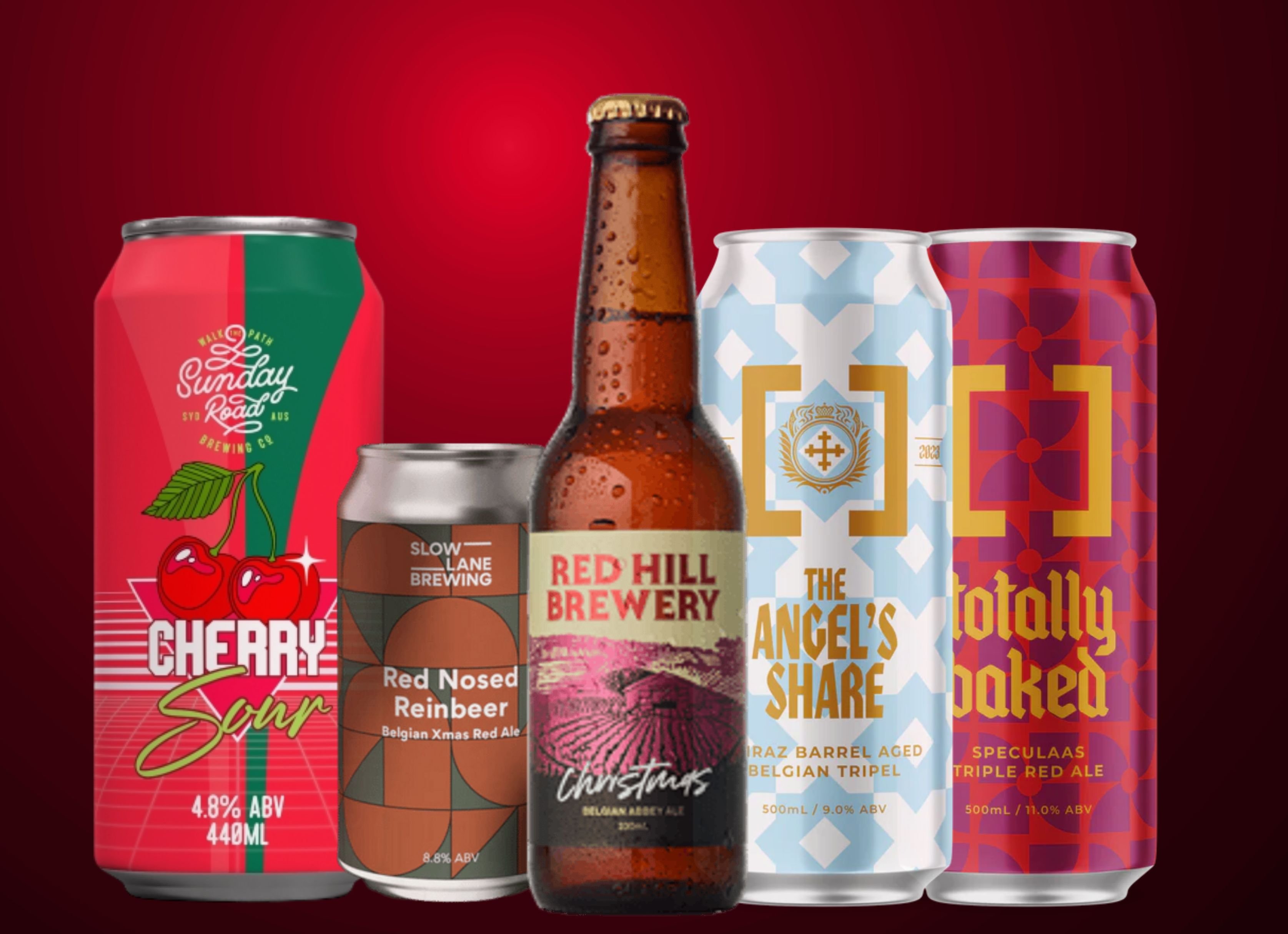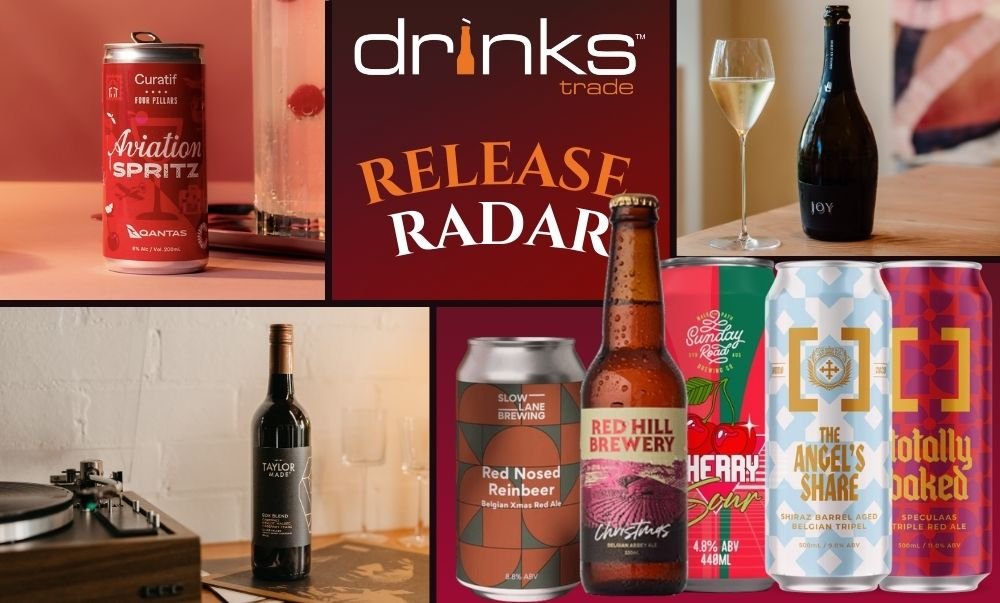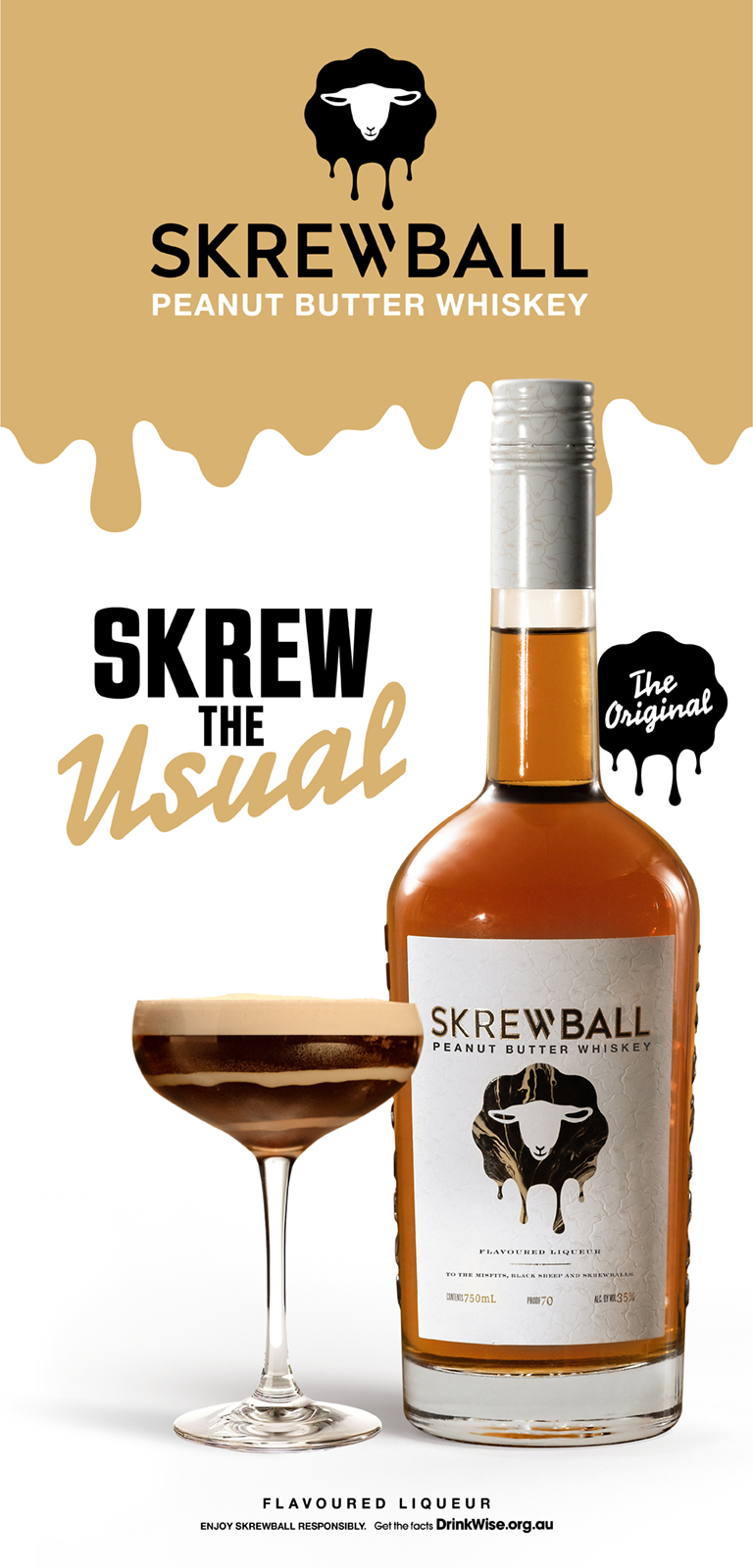Across the board, independent breweries in Australia have been suffering over recent months, with at least 12 entering into voluntary administration and three into liquidation over the past year alone.
While Western Australia hasn’t been hit as hard as the East Coast, the impacts have still been evident, with Golden West Brewing closing its doors permanently in March and, more recently, Black Brewing entering into voluntary administration on June 15.
Drinks Trade recently caught up with Ian Atkins, Beerfarm's Founder and Managing Director, to discuss the company’s plans and how they’re looking to expand in a contracting market.

Drinks Trade: Beerfarm is hoping to triple its production capacity over the next five years... What's the secret?
Ian Atkins: Yeah, good question. Look, we are optimistic and we're fully aware that we are swimming against the tide. The market conditions are tough. Consumer confidence is low. We believe we've got the right product structure. We've got an exceptional team, we really do, and Viren [Goundrie, new Head of Sales] is an extension of that. To be able to, I guess, as I put it, include grade A personnel who understand what we're trying to deliver and where we're trying to go is testament to the work that's already been done.
But no, there is no secret ingredient. The market is tough. You have to understand every component of manufacturing alcohol, and when I say that, it's not only the production of the beer, but it's the distribution of the beer, it's the hospitality of the beer.
There are some exceptional people within this industry, and a lot are doing it tough, but there are glimmers of hope of people that are running it as a business and making the right moves, so we're confident that the market segment will turn around.
DT: What are the biggest mistakes being made by some of the competition?
IA: That's a hard question. I mean, everybody has their abilities. Everybody has their certain components of what makes them different in a market segment. Previously in the beer industry, I think it's been a blue market, so a lot of people have come into it without a full understanding of the complexities of it. It used to be that you would create a brand and everyone was going to buy that brand. Now, that's not the case.
DT: Who do you see as your biggest competitors? What space does Beerfarm fall into/is Beerfarm planning to fall into?
IA: That's a really good question, actually, and the reason I say that is we get labeled as competition with people like Stone & Wood, Balter, Pirate Life, without people fully understanding that the reality is that they are owned by a conglomerate from overseas.
So the reality is that that is our biggest competition, being able to get onto tap points and for people to understand what is Australian brands, and how we can then increase that…
When there are restrictions in place of where you can play and how you can play, it's very challenging. We hope that one day or we dream that one day that the ACCC will look at the duopoly, but who knows?
DT: If you could wave a magic wand, what would you change?
IA: A fair playing field in terms of being able to hit and work with venues, a lot of the taps are tied up.
But then it's also the excise. I believe we have the third highest in the world linked to CPI, which is obviously crippling businesses at the moment. This is why it's very challenging for everybody in this industry at the moment. So we would like some relief from government bodies. But again, whether that happens or not, who knows?
DT: Viren Goundrie was a key figure behind Stone & Wood’s growth prior to it becoming acquired by Lion… Is Beerfarm looking to follow a similar growth model to Stone & Wood?
IA: No, it's not, and let's not call it the end goal for Viren either. I mean, there's a big part of energy and passion that he has in his makeup, so it's a question of let's continue to do some of the things where they didn't get to. We've tried to distill it down to one key message for what Beerfarm wants to be, and that is we want to be an international beer brand. So by that in itself, we have to have obviously a fully national footprint of both production and hospitality, but also to take that into international waters as well.
DT: There aren't really any independent breweries competing on an international scale. Does this mean potentially looking to gain support from elsewhere could be on the cards in the future?
IA: In terms of capital raising, absolutely, yes. We are fully aware of the journey that we're on and where we want to end up. So absolutely looking at the markets for people that want to deliver that vision.
DT: How important was the recent Feral Brewing acquisition for Beerfarm?
IA: Yeah, so we've just recently acquired Feral Brewing Facility, so that was as Coca-Cola or CCEP divested out of the beer industry, so that's a significant move for us. We couldn't actually make enough products here in Metricup anyway. So part of that strategy - and, you know, these paths are long and winding - was to obviously increase the capacity to enable us to take on a national play.
We're also looking to increase the capability here in Metricup, but the acquisition of the Bassendean site gives us that ability… The facility is a large facility, so with that capability, what we're aiming to do is obviously being able to reduce the cost of production by increasing that facility, if you like. The more you can put into a facility like that, then the cost should come down.
We've been looking to scale up part of the acquisition and why it was such a good fit. We were actually manufacturing in that facility anyway, so we're fully aware of the processes, the systems. We've got an excellent production team who've been working for the past two, three years with this in place.
This is part of the strategy that we put down from the outset.
DT: Obviously craft beer has been suffering pretty significantly over recent times… Have these impacted Beerfarm much?
IA: I mean, the reality is - and it's interesting - we've never actually classified ourselves as craft. That's for other people to make that determination.
Yes, obviously hops is expensive. The cost of malts and grains is skyrocketing, as is aluminium, so we are in that position of ‘what is your cost base for your products?’ But again, part of the acquisition and the reason for that model is to be able to actually reduce our cost to market and by giving people the flavour profile that they want.
Share the content
